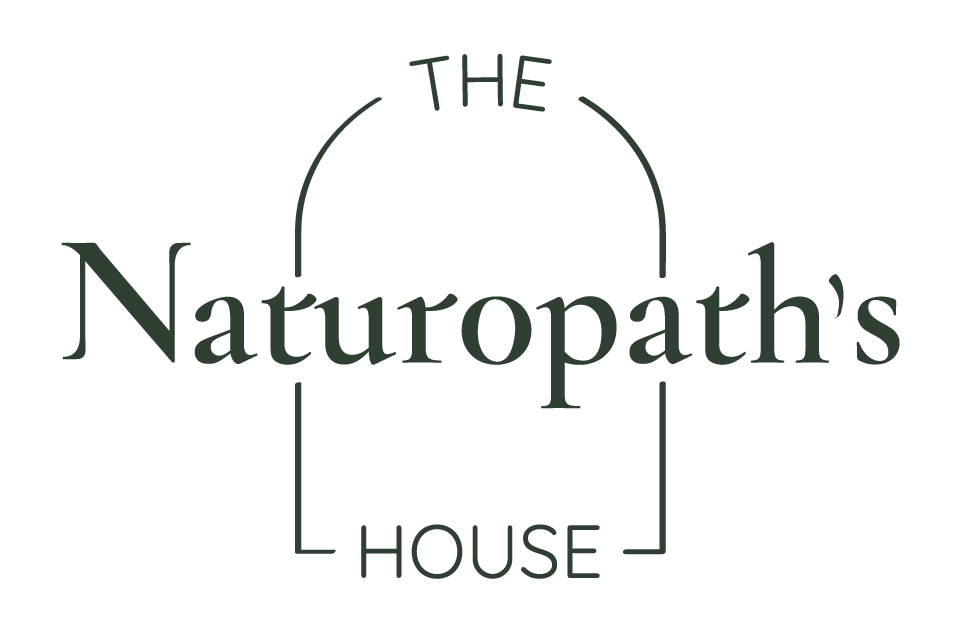Uncategorized
Autism (ASD): A Holistic View
As a species, we are neurodiverse, meaning multiple neurocognitive styles are represented. There is a wide range of ways that people perceive, interact, and respond to the world, and there is no ‘correct’ or ‘incorrect’ way to do so.
ASD is a wide spectrum, multifactorial by nature, and when it comes to a wellness plan, there is no one-size-fits-all.
And it is in these exact scenarios that natural medicine has much to offer – holistic, integrative and client-centred.
Read MoreLymphatic Love
Ways to care for your lymphatic system include; staying hydrated with clean filtered water, moving your body with exercise you enjoy, taking up a breath-work practise, ditching restrictive clothing and underwear (goodbye underwire bra!) and learning a lymphatic brush or massage sequence (this practice generally takes 2-5 mins daily and can be hugely impactful!).
Read MoreOsteoporosis: For the Love of Bones
Taking a naturopathic approach to osteoporosis involves understanding the interconnectedness of factors affecting bone health. Reflecting of some of the above-mentioned considerations, when we improve the nutrient density of diet, correct nutritional deficiencies, identify and remove toxicities, get outside in the sunlight, move the body intentionally and then provide individualised recommendations as required we can start to create an environment that is supportive of not only the bones, but entire body and overall quality of life.
Read MoreEarthing For Health
“Research on biological grounding is now suggesting that this very same electric charge on the planet’s surface plays a governing and nurturing role for both the animal and plant kingdoms—a form of electric nutrition, so to speak. It appears to have the potential to restore, normalize, and stabilize the internal environment of the human body’s countless bioelectrical systems that govern the functions of organs, tissues, cells, and biological rhythms.” (Sinatra et al 2018)
Read MoreThe Hair Tissue Mineral Advantage
Interestingly our hair can hold valuable information about our overall health and in some cases can provide the ‘missing piece’ in the pursuit of wellness.
HTMA provides a report on a number of elements. Research shows us that deficiencies of essential trace elements or excessive amounts of heavy metals in the human body can cause significant health effects.
Read MoreRestoring Gut Health, and Beyond
Hippocrates, the father of modern medicine famously said, “all dis-ease begins in the gut”.
It is not uncommon for people to live with a myriad of digestive disturbances including IBS, SIBO, reflux, food sensitivities, chronic gas and bloating, just to name a few. These conditions often disrupting one’s daily quality of life
Read MoreLow Thyroid function: A New Perspective
Hypothyroidism is a state in which the body is not producing enough thyroid hormones or is not able to respond to and/or utilize existing thyroid hormones properly.
Key signs and symptoms include fatigue, poor concentration, depression, moderate weight gain, menstrual irregularities, cool extremities, dry skin and hair loss.
Read MoreDemystifying Iron Deficiency
Iron is the most abundant essential trace element in the human body. It facilitates numerous functions, some of which include:
Haemoglobin and myoglobin production (proteins in the red blood cells that transport oxygen)
Selected enzyme functions (specifically involved in cellular growth, DNA synthesis, hormone synthesis and neurotransmitter synthesis)
Read MoreGlyphosate, Gluten and Gut Health
Gluten has been a hot topic since celiac disease and non-celiac gluten sensitivity diagnoses have increased in recent years. It is worth noting the increase in cases correlates with the increased use and prevalence of glyphosate and glyphosate GM crops.
Read More









